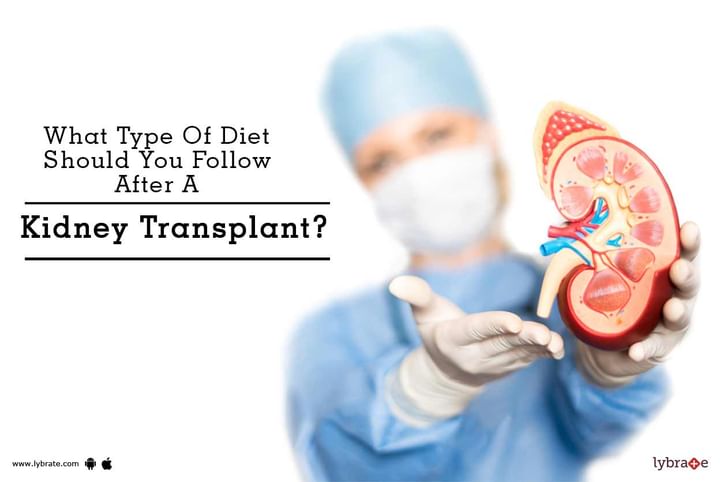Get the App
For Doctors
Login/Sign-up
Last Updated: Nov 11, 2024
BookMark
Report
What Type Of Diet Should You Follow After A Kidney Transplant?
Dr. Ravinder Singh BhadoriaNephrologist • 20 Years Exp.DNB (Nephrology), M.D ( Internal Medicine), MBBS
Your diet will play a very important role in how fast the body recovers from a kidney transplantation surgery. Apart from the medication you take, a healthy, wholesome diet helps with healing, strength and overall health. While the individual diet plans will vary depending on the person, below are common foods you should prefer and avoid to protect your well-earned kidney:
- Avoid raw and unprocessed food: The anti-rejection medication that you take after the surgery lowers your immunity levels and this means that your chances of infections might be higher during this period. This is why it is important to prevent eating raw meat, eggs, unprocessed milk etc. You should also prevent eating out because of the risk of getting infected.
- Choose fresh fruits, vegetables, and greens: Fruits, vegetables, and greens are good sources of nutrition, fibre, and minerals. These can be consumed heartily and you can aim at eating 4-5 portion sizes of these every day. Fresh juices are also great to hydrate your body and heal the tissues.
- Avoid simple sugars: Few medications might result in increased blood sugar levels and this puts extra pressure on your body. You can prevent an abnormal increase in blood sugar levels by preventing over-consumption of carbohydrates and simple sugars. These include rice, pasta, noodles, ice creams, chocolates, molasses and all types of junk/fast food.
- Choose protein-rich food: Proteins play a great role in healing damaged tissues and strengthening your body. However, too much of proteins can be harmful too. You can, therefore, avoid protein supplements and try getting it from natural sources like lean meat, eggs, soya, and pulses.
- Stay away from canned/precooked food: Canned/ instant food is always rich in unsaturated fat, sodium, and sugars all three of which are unhealthy for your body. Your doctor might recommend you to limit your sodium intake to prevent water retention in the body. Even when you decide to eat a bowl of soup, skip canned versions and make your own at home.
- Cut down on alcohol: You might need to skip alcohol completely for the first few months after the surgery. After that, talk to your doctor, get recommended levels and do not cross that. Have a couple of days that are alcohol-free in a week. You should remember that alcohol is very high in calories and sugar.
- Limit fried food: Excess oil is also bad for your body, especially after a major surgery like this. Choose steamed, air fried and grilled options anytime you can.
If your doctor has prescribed a calorie plan for every day, make sure you stick to it. Fill up your diet chart with healthy, home-cooked meals. Keep checking your weight, sugar levels and blood pressure regularly and pick food that is healthy for your body and mind.



+1.svg)
